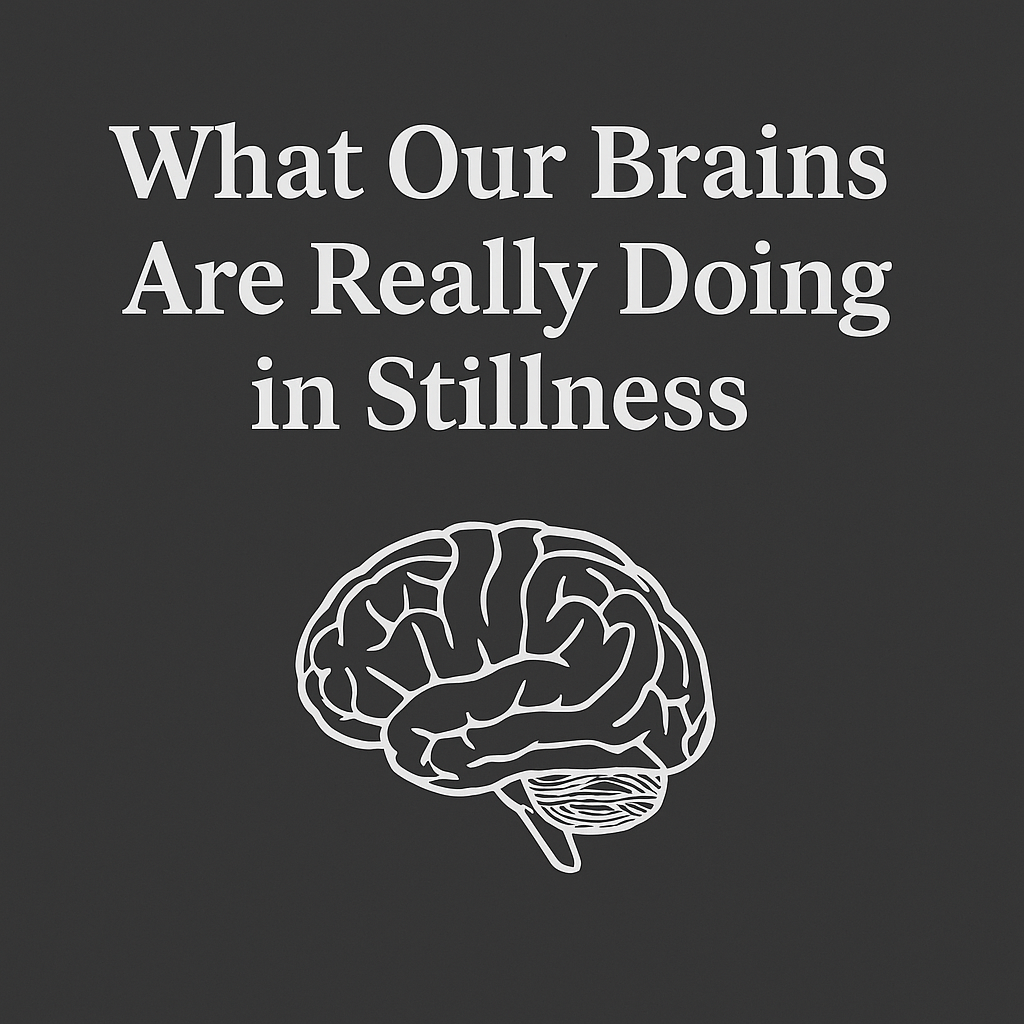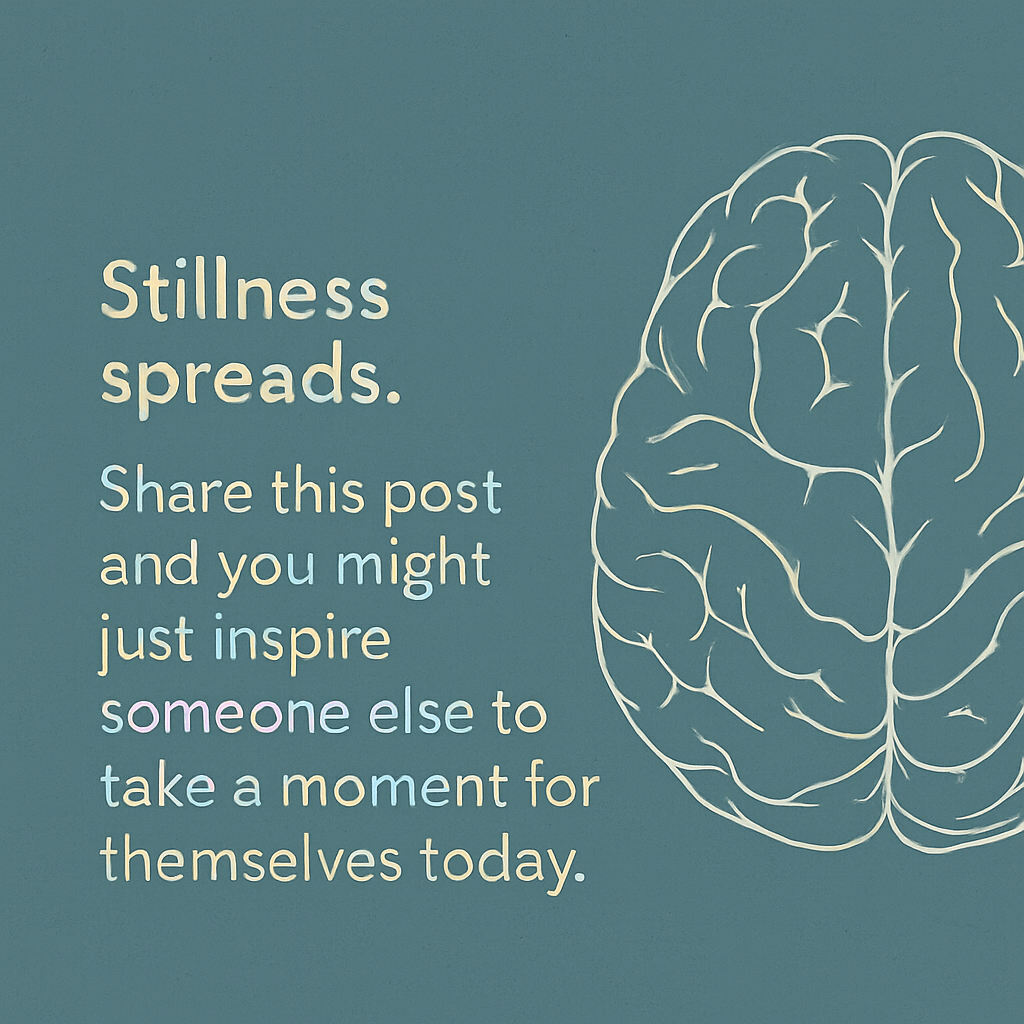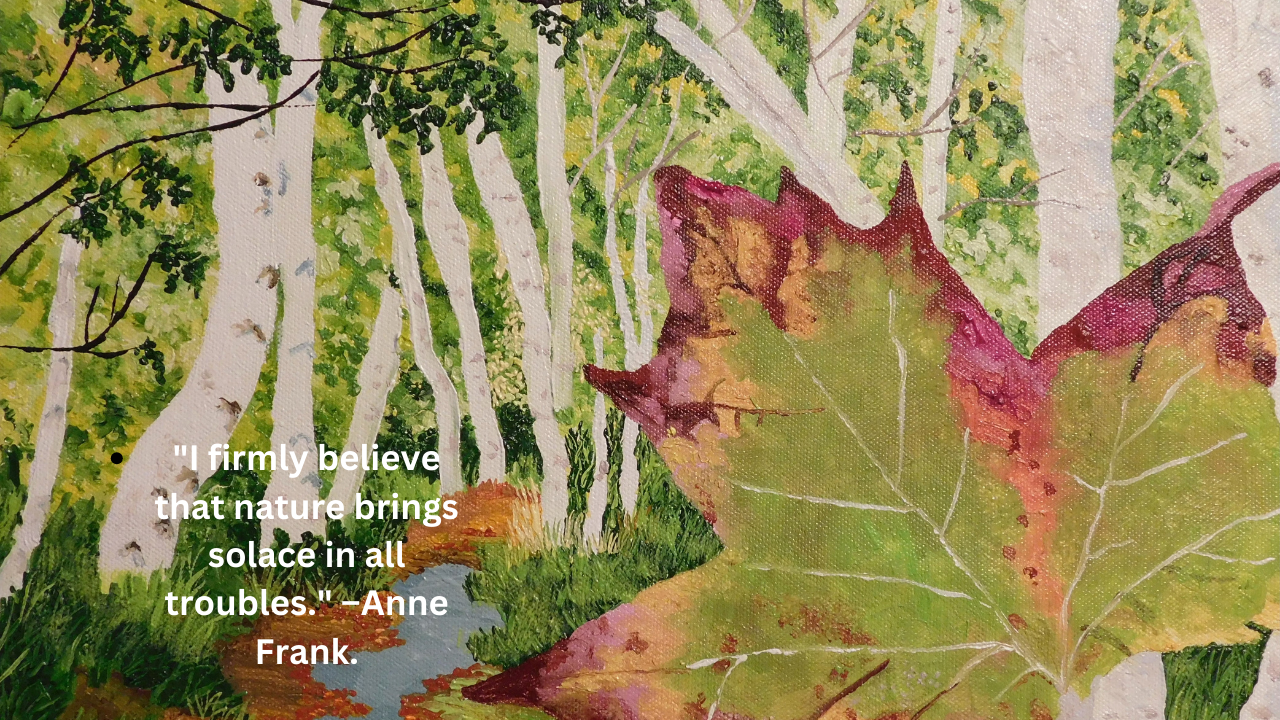The Power of Stopping Thought: Finding Presence Through Stillness →
The Power of Stopping Thought: Finding Presence Through Stillness
Being present in the moment isn’t always easy—especially when our minds are caught in the constant tug-of-war between yesterday’s regrets and tomorrow’s worries. We often find ourselves rehashing the past or rehearsing the future, rarely landing in the one place where life is actually happening: right now.
That’s where the simple but powerful act of intentionally pausing our thoughts comes in. By choosing to stop—or at least quiet—the stream of mental chatter, we make space for presence. This is the heart of mindfulness: not the absence of thought, but the redirection of attention toward the here and now.
When we stop chasing thoughts, we start noticing life.
Directing our attention to sensory experiences—the feel of your breath, the sound of rustling leaves, the warmth of sunlight on your skin—has a profound grounding effect. These physical sensations anchor us. They interrupt the mental loop and return us to a state of clarity, where we’re not lost in our heads but rooted in our bodies and surroundings.
This doesn’t require perfection or hours of meditation. It can start with just a moment: a breath, a pause, a choice to notice rather than overthink.
In those moments, we often discover something unexpected—not silence, but a deeper connection. A sense of calm. A renewed presence. And maybe, if only briefly, a kind of harmony that reminds us we don’t always need to figure everything out—we just need to be here.
Music Through Calm, Prevails - by Brent M. Jones →
Music through calm prevails Poem
Music and Mind
Music drifts freely—
notes floating without direction,
yet finding their way.
The mind opens,
and sound becomes connection.
Each note offers comfort,
settling into the body like breath.
A single tone enters,
spreads softly—
expanding through thought,
quieting what once stirred.
The music continues,
shaping new moments,
each note layering gently on the last.
Thoughts fall away.
Melody takes their place.
In sound,
the mind finds stillness—
and peace returns.
Early Signs and Symptoms of Alzheimer's and Dementia
10 Early Signs and Symptoms of Alzheimer's and Dementia
Memory loss that disrupts daily life. ...
Challenges in planning or solving problems. ...
Difficulty completing familiar tasks. ...
Confusion with time or place. ...
Trouble understanding visual images and spatial relationships. ...
New problems with words in speaking or writing.
Of the about 55 million people worldwide with dementia, 60% to 70% are estimated to have Alzheimer's disease. The early signs of the disease include forgetting recent events or conversations. Over time, it progresses to serious memory problems and loss of the ability to perform everyday tasks.
-Then What Happens? -
Holding Hands with a Tree Matters to Your Mental Health →
Holding Hands With a Tree Branch









